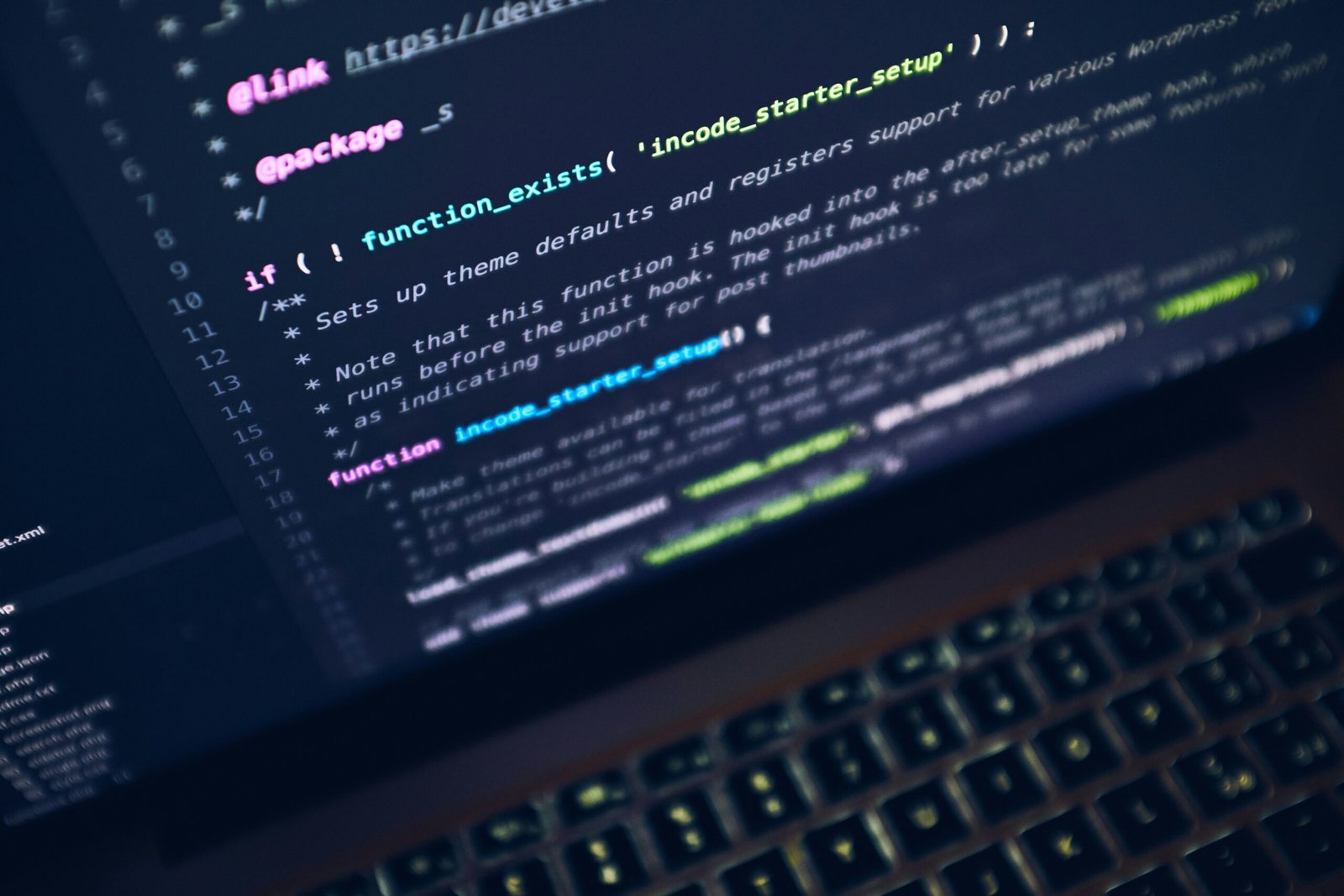The International Code Council (ICC) is a non-profit organization that plays a crucial role in developing and implementing building codes and standards across the globe. With a mission to protect the health, safety, and welfare of people by creating safe and sustainable buildings, the ICC has become a leading authority in the field of building and construction regulations.
What does the ICC cover?
The ICC covers a wide range of areas related to building and construction. Its primary focus is on developing and updating the International Codes (I-Codes), which are a set of comprehensive building codes that provide minimum safeguards for public health, safety, and general welfare. These codes address various aspects of building design, construction, maintenance, and occupancy.
The I-Codes cover a broad spectrum of topics, including building and fire safety, plumbing, mechanical systems, energy conservation, accessibility, and sustainability. They are designed to ensure that buildings are structurally sound, fire-resistant, energy-efficient, and accessible to all individuals.
What type of standards are covered by the ICC?
The ICC develops standards that are recognized and adopted by many countries and jurisdictions around the world. These standards are based on extensive research, industry best practices, and input from experts in the field. Some of the key standards covered by the ICC include:
- International Building Code (IBC): This code provides regulations for the design and construction of new buildings and structures. It covers areas such as building occupancy, structural design, fire protection systems, and means of egress.
- International Fire Code (IFC): The IFC focuses on fire prevention, fire protection systems, and emergency response in both new and existing buildings. It addresses issues such as fire alarms, sprinkler systems, fire exits, and hazardous materials storage.
- International Plumbing Code (IPC): The IPC sets standards for plumbing systems, including water supply, drainage, and venting. It ensures that plumbing installations are safe, sanitary, and meet the needs of the occupants.
- International Energy Conservation Code (IECC): This code promotes energy efficiency in buildings by establishing minimum requirements for insulation, lighting, heating, cooling, and ventilation systems.
- International Green Construction Code (IgCC): The IgCC focuses on sustainable building practices, including site development, water efficiency, energy conservation, materials selection, and indoor environmental quality.
How does the ICC affect building and construction?
The ICC plays a significant role in shaping the building and construction industry by providing a framework for uniform standards and regulations. Its codes and standards are widely adopted by governments, architects, engineers, contractors, and building officials to ensure compliance with safety and performance requirements.
By establishing minimum standards, the ICC helps protect the public from potential hazards and ensures that buildings are constructed to withstand various environmental conditions. These standards also promote energy efficiency, sustainability, and accessibility, leading to safer and more sustainable communities.
Furthermore, the ICC’s codes and standards undergo regular updates to reflect advancements in technology, changes in construction practices, and evolving societal needs. This ensures that the building industry remains responsive to emerging challenges and continues to prioritize safety and sustainability.
Building professionals and stakeholders rely on the ICC’s expertise and guidance to navigate complex regulations and ensure compliance with building codes. The ICC also offers training, certification programs, and resources to support education and professional development in the field of building and construction.
Conclusion
The International Code Council (ICC) plays a vital role in promoting safety, sustainability, and uniformity in the building and construction industry. Through the development and implementation of comprehensive building codes and standards, the ICC helps protect the public and ensure that buildings are designed, constructed, and maintained to the highest standards of safety and performance.
